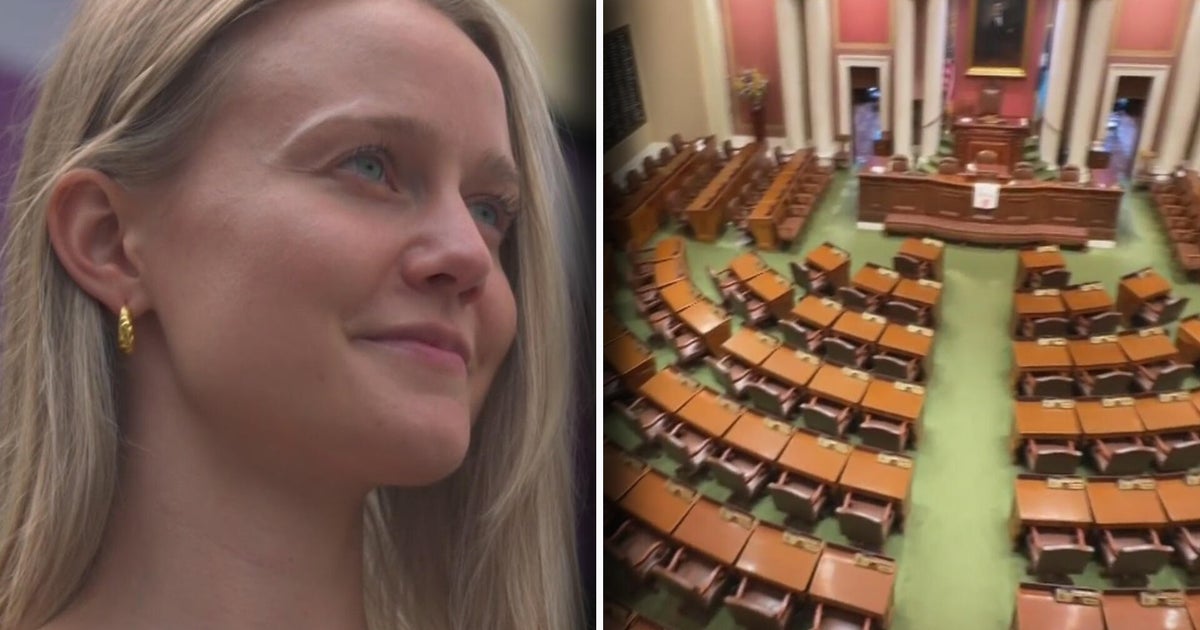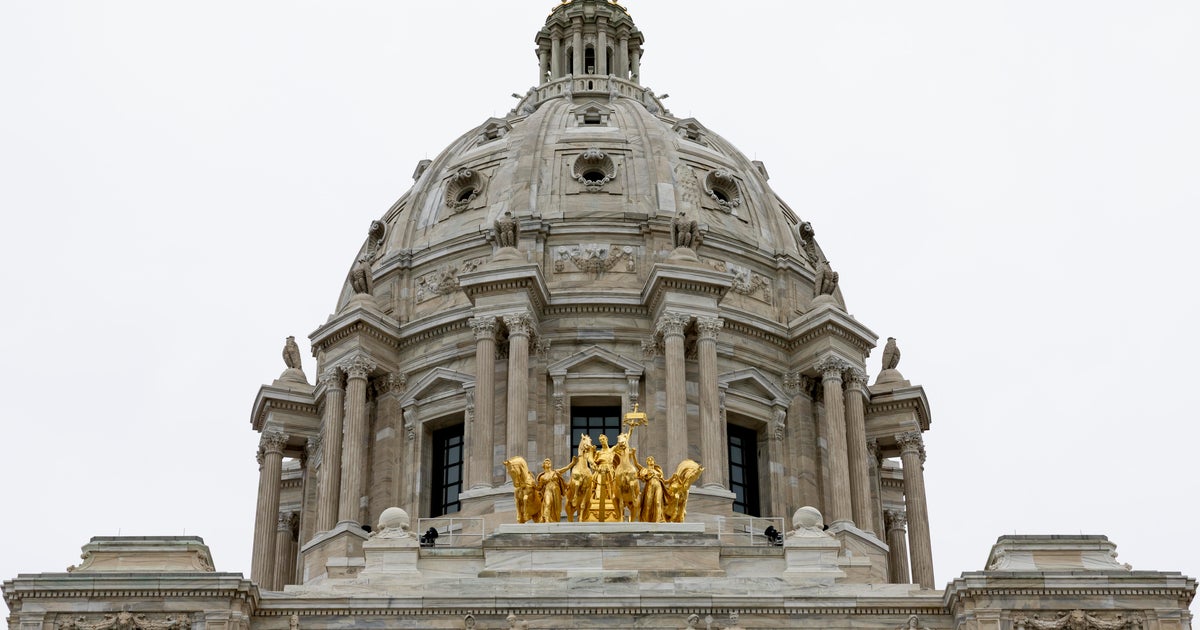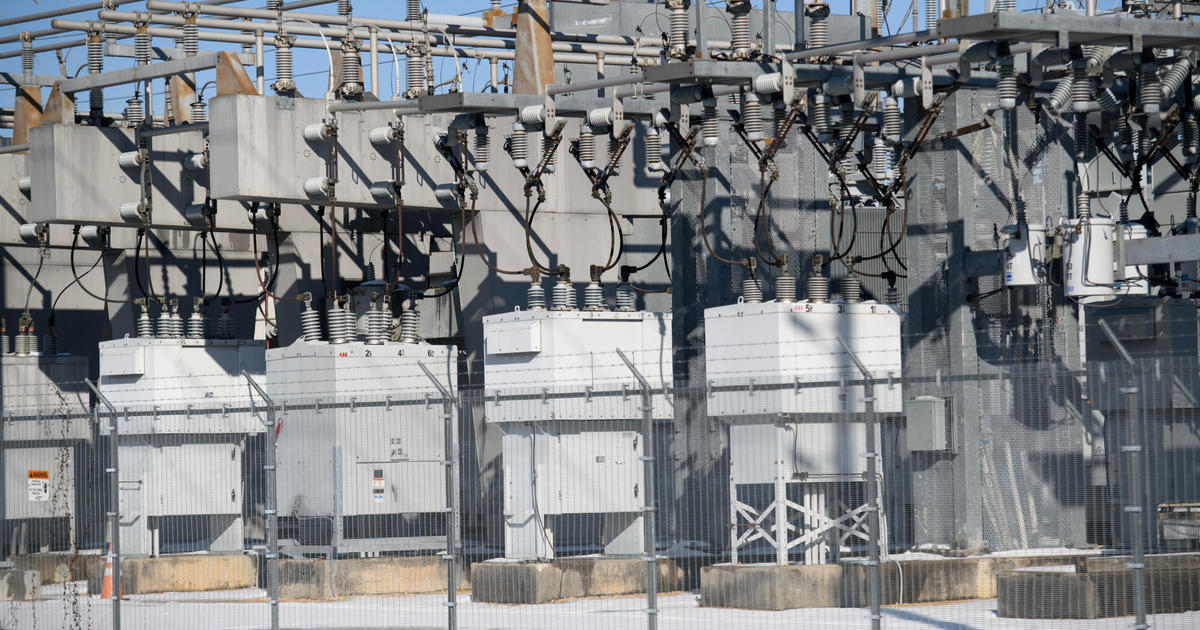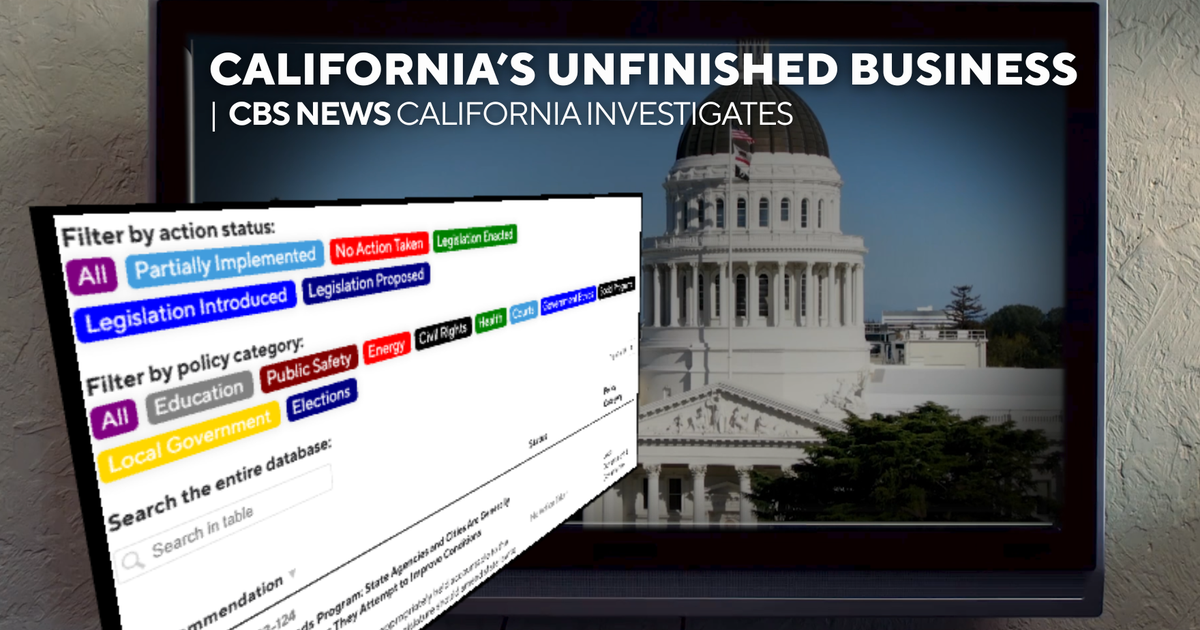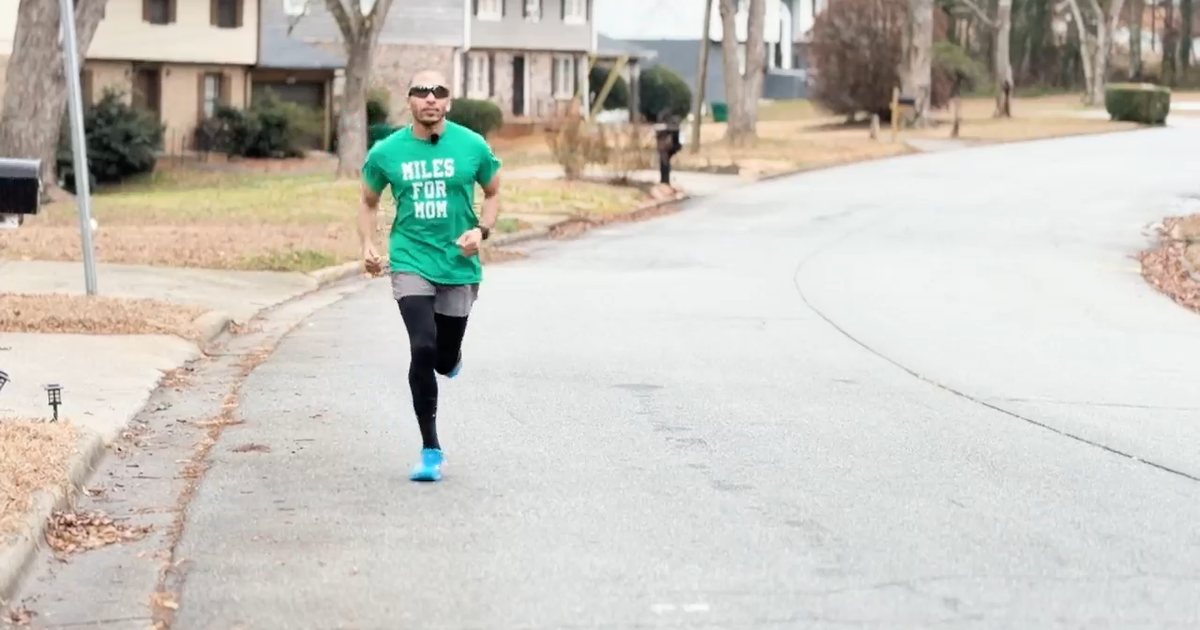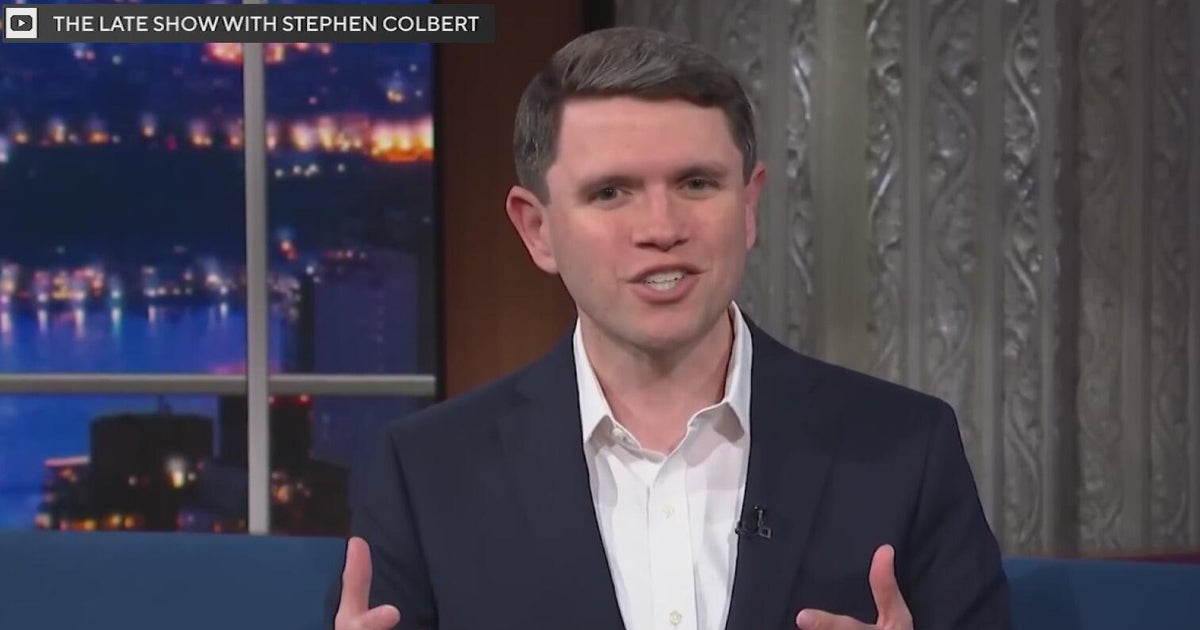Minn. Legislature Juggles Budget Bills
ST. PAUL, Minn. (AP) — Minnesota's House and Senate on Friday cycled through a series of bills with funding increases for state agencies, as lawmakers set the stage for end-of-session budget talks.
The House passed a bill in the afternoon to fund the state's courts that includes pay hikes for judges, along with some higher fees associated with using the court system. That Democratic-sponsored bill passed largely along party lines, with Republicans complaining that it needlessly enlarges government.
The House also passed a public safety and corrections funding bill, while the Senate worked on a mammoth measure that would dictate spending on programs run by the state agriculture, natural resources, commerce, pollution control and economic development agencies.
The Democrats won control of both legislative chambers in November's election, giving them control of the budget-writing process and leading to budget bills that would increase spending in several areas over the next two years. House and Senate leaders are hoping to finish passing their respective budget frameworks by next week. Lawmakers would then meet in conference committee to craft final budget bills to send to Democratic Gov. Mark Dayton.
The House judiciary finance bill would give the state's third branch of government $785 million for the next two years, an increase of about $34 million over the preceding two-year cycle. The bill includes 3 percent pay raises in year for Supreme Court, Court of Appeals and district court judges. It also has a new mileage and living expenses reimbursement for Court of Appeals judges from greater Minnesota who travel to St. Paul when court is in session.
The Senate already passed its judiciary finance bill, which includes an even larger, 4-percent annual pay hike for judges. Minnesota judges haven't had a pay increase since 2008, and backers say increases are needed to keep the jobs competitive.
The House's courts bill would boost spending for public defenders and specialty courts, such as those that deal with drug cases, DWIs and veterans. The bill's author, Rep. Debra Hilstrom, said such courts cut down on the number of repeat offenders.
"We're missing some of these courts in greater Minnesota, and want to make sure that all of our people have access to these very effective courts," said Hilstrom, DFL-Brooklyn Center. Her bill covers spending increases with about $23 million in higher fees: on filing cases in conciliation court, from a surcharge on processing fees for criminal traffic court and a processing fee for bail bonds companies.
Republicans took aim at the fee increases, saying they would make access to courts more expensive. They called pay hikes for judges a bad idea.
"This bill does not set priorities," said Rep. Steve Drazkowski, R-Mazeppa. "When everything is a priority, then nothing is a priority. The growth of state government is very clear in this bill."
That bill was passed 71-59, largely along party lines.
The House also passed a bill to fund public safety and corrections programs that had much broader bipartisan support, 122-7. It would allocate $70 million more than the previous two-year budget to funding for prisons, police and other public safety programs. The money would go toward helping prisons retain staff, providing more treatment to sex offenders before they're released and helping the state establish standards for how to handle children who were victims of sexual trafficking.
The Senate's environment, agriculture and economic development bill puts new requirements on producers or sellers of paint to collect and recycle leftover products. It directs regulators to come up with model standards that local governments could use to set silica sand mining parameters. That plan is stocked with incentives for the film industry to use Minnesota as a backdrop and loans to businesses and grants to businesses that promise to add jobs to their payrolls.
Included is a $5 million forgivable loan that pharmaceutical company Baxter Healthcare Corp. could tap for a factory in Brooklyn Park, following through on a subsidy package that Dayton and leading lawmakers promised the Fortune 500 company during secret negotiations.
In all, the state would spend $658 million from its general treasury on areas covered by the bill, which would be an increase from the $580 million spent over the last two years.
Minority Republicans scored a rare victory when a narrow band of Democrats joined them to strip out a provision in the bill dealing with labor lockouts. It would have demanded that companies cover unemployment costs for longer than the standard 26 weeks if lockouts drag on longer. The business lobby has contended it would shift the balance toward unions at the negotiating table.
Sen. Paul Gazelka, R-Nisswa, said the lockout clause was "going too far."
The bill's author, Sen. David Tomassoni, said companies currently have too great an advantage because employees can't afford to be out of work so they relent to employers. "They can continue the lockout for as long as they want," said Tomassoni, of Chisholm. "At some point in time, the workers' ability to negotiate becomes null and void. "
It is still alive for the year because the House has a similar measure in its companion bill.
(© Copyright 2013 The Associated Press. All Rights Reserved. This material may not be published, broadcast, rewritten or redistributed.)
